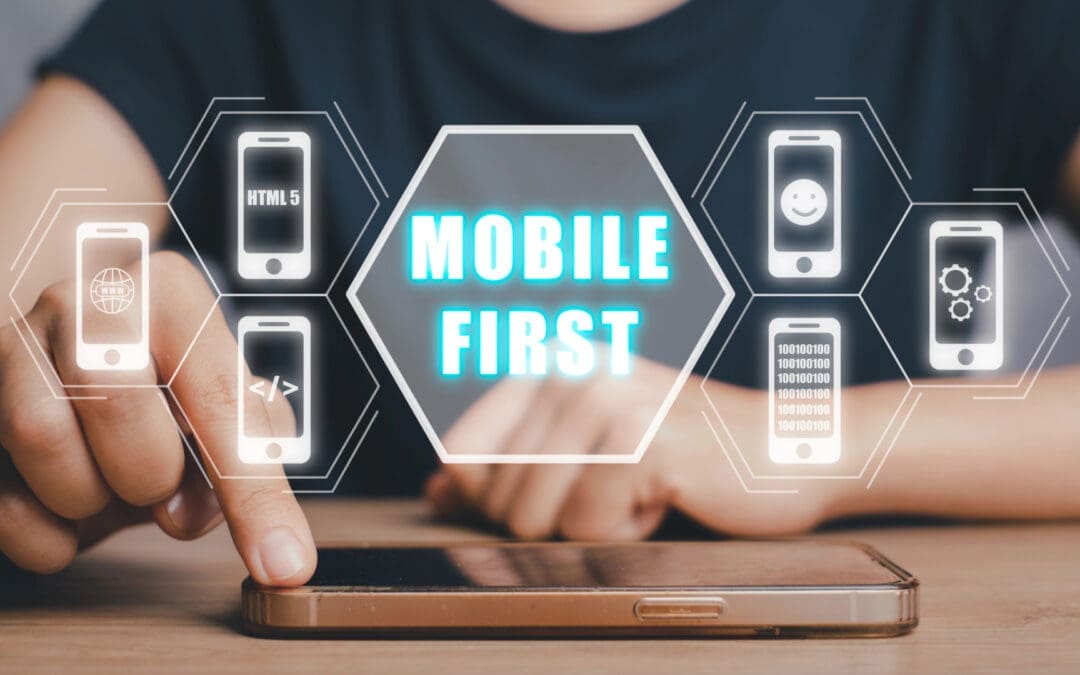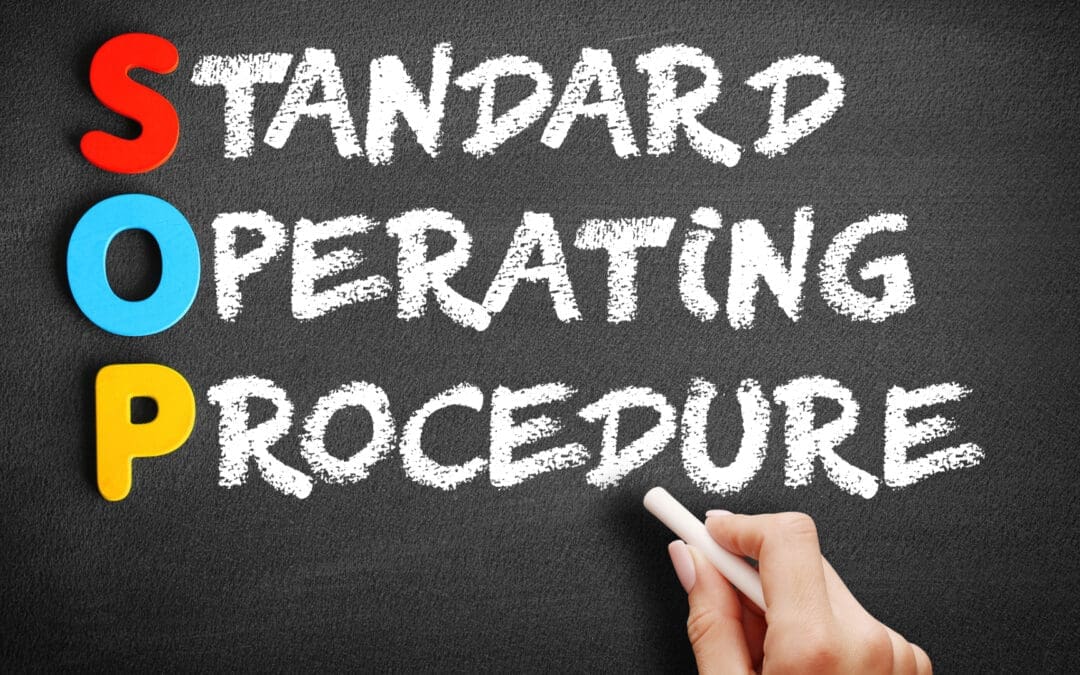In today’s increasingly conscious marketplace, consumers – particularly millennials and Gen Z – are making purchasing decisions that extend far beyond product quality and price. They’re voting with their dollars, supporting businesses that align with their values, and taking their business elsewhere when companies fail to meet their ethical expectations.
The statistics tell a compelling story. Recent research by Deloitte found that 64% of Gen Z and 63% of millennials are willing to pay more for environmentally sustainable products or services. Meanwhile, Statista reports that 80% of millennial consumers say sustainability is a driving factor behind their purchasing decisions.
The Small Business Advantage in Value Alignment
“From what we’re seeing all across the globe right now, I think it’s safe to say that people are realizing they have buying power and that essentially they are voting every time they make a purchase,” notes John Hofmann, Founder of Fusion Marketing. “More and more I’m seeing people choosing to support companies that align with their values and morals.”
This shift creates unique opportunities for small businesses that can authentically communicate their values and build genuine connections with like-minded customers. Unlike their larger counterparts, small businesses have significant advantages in building trust and demonstrating authentic value alignment.
The trust factor is substantial. Research shows that 84% of consumers trust small businesses more than other kinds of businesses. Another study found that 67% of consumers trust local businesses more than online-only companies, with this trust particularly strong among older demographics.
Community Connections: Value Alignment in Action
Value alignment doesn’t always require global initiatives. Sometimes, it manifests in local community engagement. Hofmann shares a revealing example from Fusion’s own community:
“The community where Fusion is located was considering a ‘road diet’ on one of their main roads. The local hardware store was very vocal about their disapproval. Regardless of my opinions, local community members vowed to support the business for taking a stance, while others said they would be taking their business elsewhere for ‘hindering progress’ in the community.”
This example illustrates how taking a position – even on a local issue – can attract customers who share your values while naturally creating distance from those who don’t. The result is a more aligned customer base that feels a deeper connection to your business.
The Generational Shift: Data Behind the Movement
The movement toward value-based purchasing isn’t just anecdotal, it’s backed by compelling research data. According to the Center for Generational Kinetics, 86% of Gen Z consumers are more likely to buy from a company that supports social causes. This preference for values-aligned brands is reshaping how businesses must approach their marketing and operations.
Recent data from InXpress shows that 33% of Gen Z consider sustainability very important when making purchasing decisions, with younger consumers consistently willing to pay premium prices for products and services from socially responsible companies.
The authenticity factor cannot be understated. Research indicates that 91% of consumers would reward a brand for its authenticity, while 58% are wary of brands that claim sustainability without proof, fearing “greenwashing.”
Building Value Alignment Into Your Business Model
Some businesses take value alignment further by embedding it directly into their business models. The now-famous TOMS shoes one-for-one program, where every purchase triggered a shoe donation, revolutionized how businesses could integrate giving into their core operations.
“TOMS founder Blake Mycoskie created a one-for-one program where every time you purchase a shoe, one was donated,” explains Hofmann. “For anyone interested in sustainability or global welfare, this is obviously going to be a weighted option in comparison to traditional brands.”
Fusion Marketing is following this lead with its Pairadox Project, demonstrating how even service-based businesses can build giving into their core model.
“We’re actually in the home stretch of launching a new project for Fusion called the Pairadox Project where every time a client hires us for logo design or web development, we will be donating the equivalent back to a non-profit or mutual aid program,” shares Hofmann. “This is one of the ways that we can give back to the community of small businesses that we love while supporting the programs that are changing the communities we live in.”
Practical Steps for Small Businesses
For small businesses looking to gain market share through value alignment, consider these approaches:
Identify Your Core Values
What matters most to your business beyond profit? Environmental sustainability? Worker welfare? Community development? Educational access? Define what you authentically care about, as authenticity and transparency are crucial for building credibility with stakeholders.
Communicate Transparently
Share your values openly through your marketing, social media, and even physical store or office space. Let customers know what you stand for. Research shows that authenticity, logic, and empathy form the foundation of consumer trust, with small businesses having particular advantages in demonstrating genuine care for customers.
Take Meaningful Action
Words without action quickly read as empty marketing. Implement practices, policies, or programs that demonstrate your commitment. The data shows that consumers are increasingly sophisticated at detecting authentic versus superficial commitments to social and environmental causes.
Build Community
Connect with customers who share your values by creating opportunities for engagement around shared interests and concerns. Recent research shows that 48% of US adults turn to local news outlets as sources for local business reviews, highlighting the importance of community engagement.
Be Consistent
Ensure your values permeate every aspect of your business – from supply chain to employee treatment to customer service. Consistency builds the trust that 95% of business executives agree organizations have a responsibility to build.
Why Authenticity Matters More Than Ever
Perhaps most importantly, value alignment must be authentic. Today’s consumers have finely tuned “authenticity radars” and can quickly detect when values are being used merely as a marketing tactic, sometimes called “value-washing.”
“When businesses genuinely align with values that matter to their target customers, they’re not just selling products or services, they’re inviting customers to participate in their mission,” notes Hofmann. “That creates a level of loyalty that price-based competition simply can’t touch.”
This sentiment is supported by research showing that 55% of consumers feel more “emotionally connected” to a business in their area, and this emotional connection often translates into long-term customer loyalty.
The Competitive Advantage
As consumers increasingly vote with their dollars, small businesses have an unprecedented opportunity to gain market share by authentically aligning with the values of their ideal customers. Unlike their larger counterparts, small businesses can be nimble, transparent, and deeply connected to their communities in ways that resonate powerfully with today’s conscious consumers.
The business case for value alignment extends beyond customer acquisition. Research shows that 93% of business executives agree that the ability to build and maintain trust improves the bottom line, with customers who trust businesses more likely to make repeat purchases and pay premium prices.
By clearly identifying, communicating, and acting on their values, small businesses can find their tribe – customers who don’t just buy what they sell, but believe in why they sell it. In an increasingly crowded marketplace, this authentic connection may be the most sustainable competitive advantage of all.








